The Effects of Flooding on Aquatic Ecosystems: An Ecological Analysis
Floods, although often perceived primarily as a threat to urban areas and infrastructure, also have a significant impact on aquatic ecosystems. These extreme events can lead to profound changes in natural habitats, affecting biodiversity and ecological balances. In this article, we look in detail at the effects of flooding on aquatic environments and possible measures to mitigate these impacts.
<h3>Impact of Flooding on Aquatic Biodiversity</h3>
Floods can have various and sometimes devastating consequences for aquatic biodiversity. When water levels rise suddenly, aquatic species can be displaced from their natural habitats. These forced displacements disrupt established ecological balances and can lead to the death of certain species, especially if they are unable to move to safe areas.
Floods can also introduce new species into ecosystems that were not previously exposed to them. For example, flood waters can transport invasive species such as non-native aquatic plants or carnivorous fish that can unbalance local ecosystems and threaten native species.
<h3>Modification of Habitats and Ecological Cycles</h3>
Floods modify aquatic habitats by transforming rivers, lakes and wetlands. Changes in water levels can alter the physical structure of aquatic habitats, affecting aquatic vegetation and breeding substrates. These changes can make certain habitats inhospitable to species that depend on specific conditions to reproduce or feed.
Ecological cycles are also disrupted by flooding. Sediments and nutrients transported by floodwaters can alter the chemical composition of aquatic environments. For example, an excess of nutrients can lead to algal blooms, reducing water quality and creating dead zones where aquatic life cannot survive.
<h3>Long-term consequences and rehabilitation measures</h3>
The effects of flooding on aquatic ecosystems are not limited to immediate disruption. The impacts can last for years, with lasting consequences for the biodiversity and ecological functions of aquatic environments. Rehabilitation of aquatic habitats after flooding is therefore essential to restore ecological balances and promote ecosystem resilience.
Effective rehabilitation measures can include planting aquatic vegetation to stabilise banks and improve water quality, and managing invasive species to protect local species. Ongoing monitoring of aquatic environments affected by flooding is also crucial to assess long-term impacts and adapt management strategies accordingly.
<h3>Conclusion</h3>
Floods, although often perceived primarily in terms of material and human damage, also have profound impacts on aquatic ecosystems. Understanding these effects is essential to developing effective management and rehabilitation strategies that support biodiversity and promote healthy, resilient aquatic environments. By incorporating sustainable ecological practices and monitoring long-term impacts, we can help minimise the disruption caused by flooding and promote the conservation of valuable aquatic habitats.

My name is Martin Desmet and I’m passionate about flood studies and hydrological risk management. For more than 20 years, I have devoted my career to understanding flood-related phenomena and helping communities to better prepare for and protect themselves against these devastating events. After completing my doctorate in hydrology at the University of Liège, I had the opportunity to work on various projects in collaboration with government bodies, NGOs and private companies. My career has led me to take a close interest in flood modelling and the impact of climate change on our hydrological regimes. I have also had the opportunity to contribute to the design of early warning systems and emergency plans for vulnerable regions. Even though I have published a few scientific articles and given lectures, I remain first and foremost involved in the field, where I can provide concrete solutions tailored to the needs of communities. Outside work, I enjoy spending time in nature, particularly near rivers and wetlands, which inspire me and help me to better understand the ecosystems I study. My aim is to continue learning and sharing my knowledge to help reduce the impact of flooding on our lives and our environment.
Discover more from Alert-disaster
Subscribe to get the latest posts sent to your email.
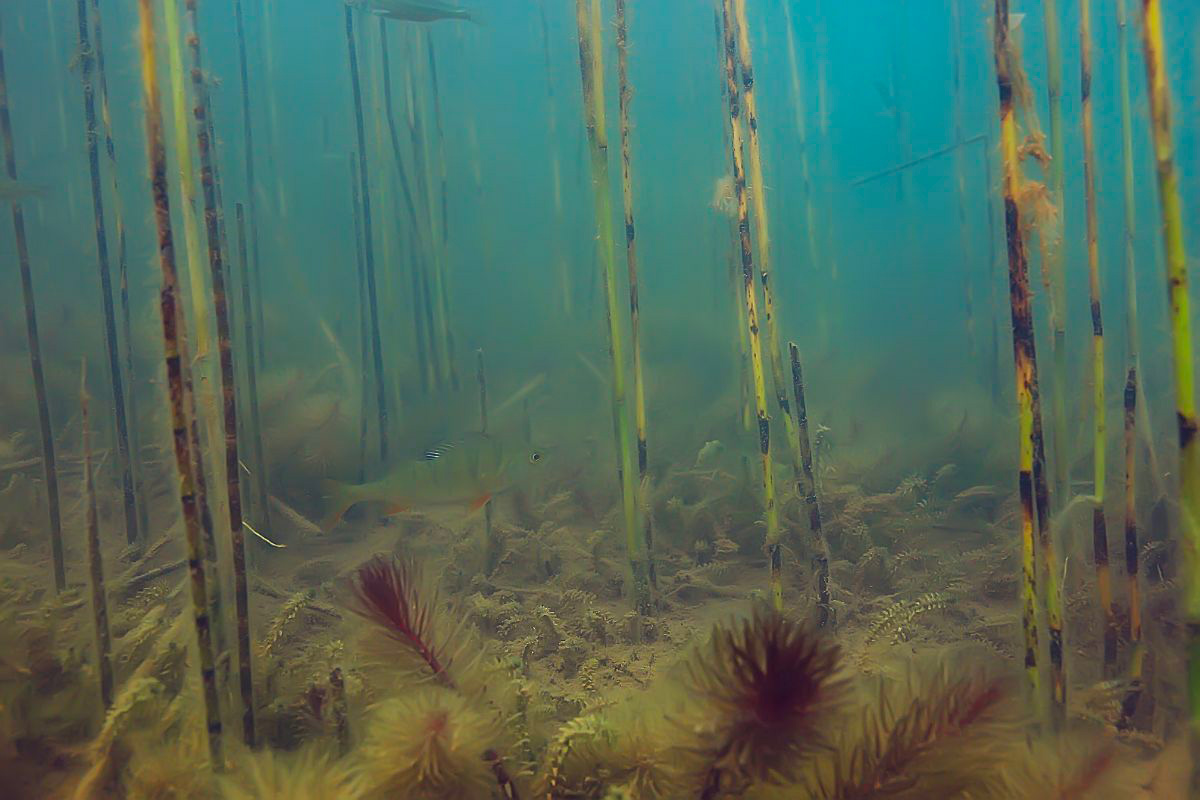


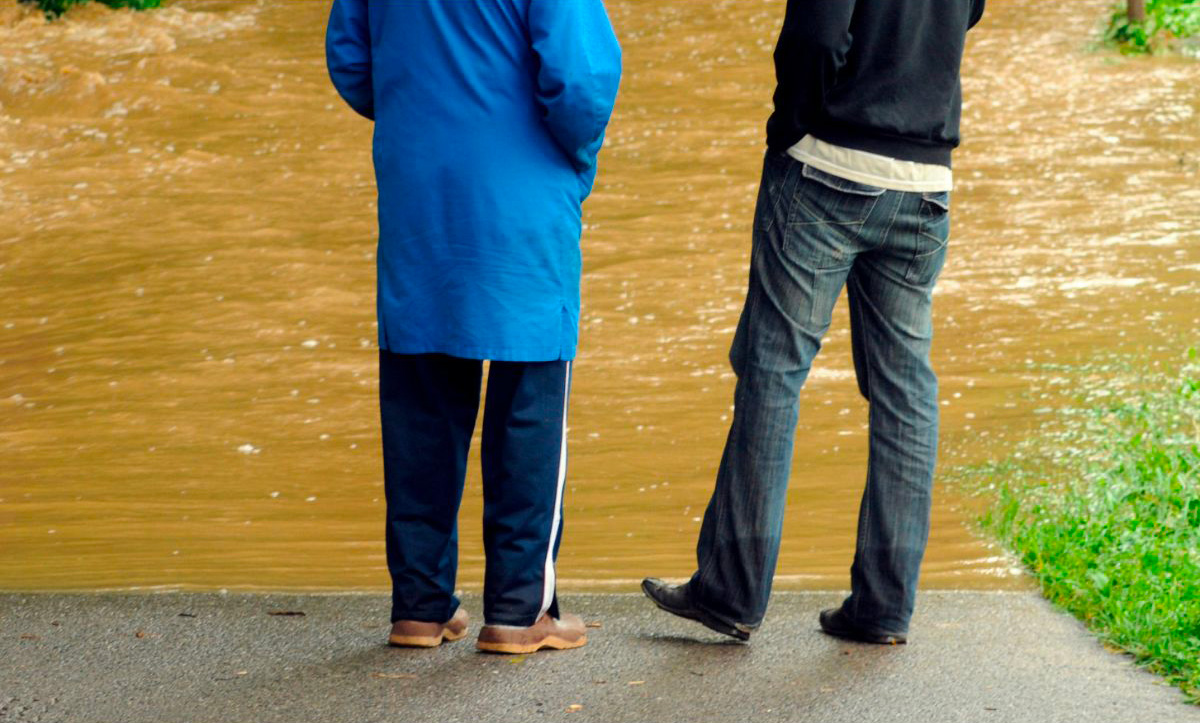
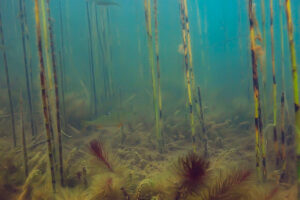


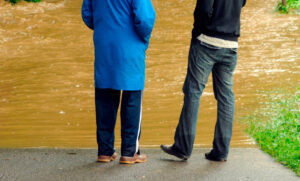
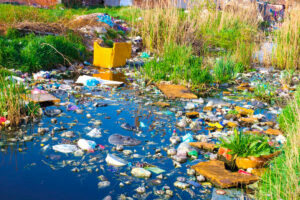
Leave a Reply